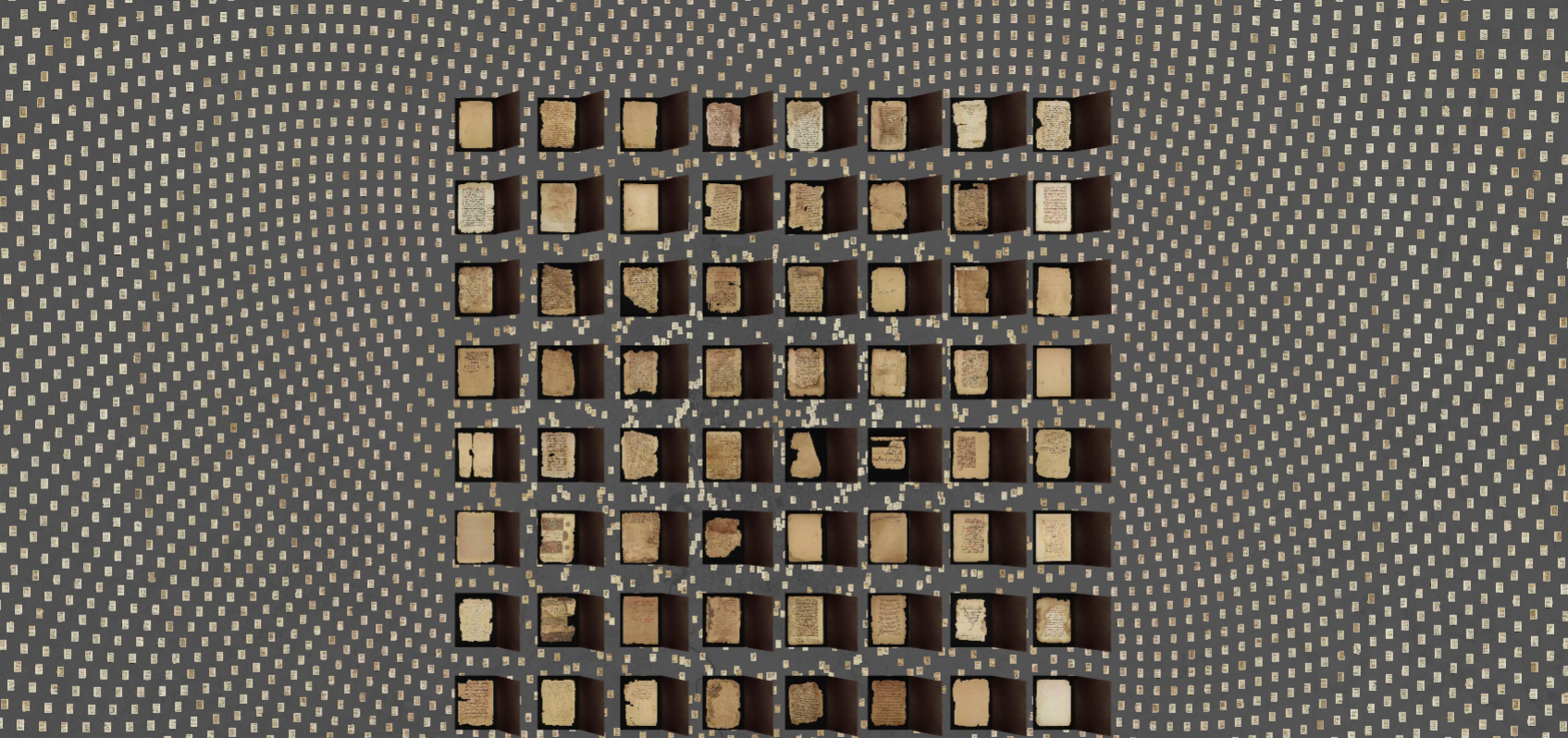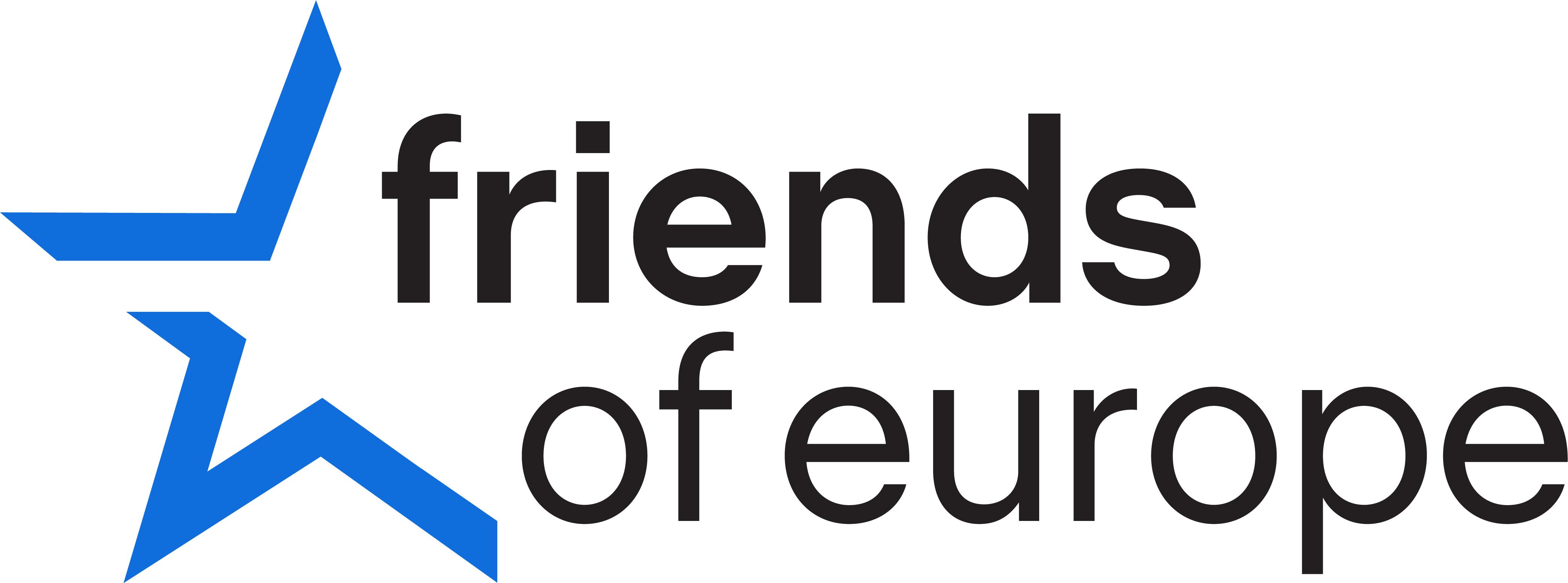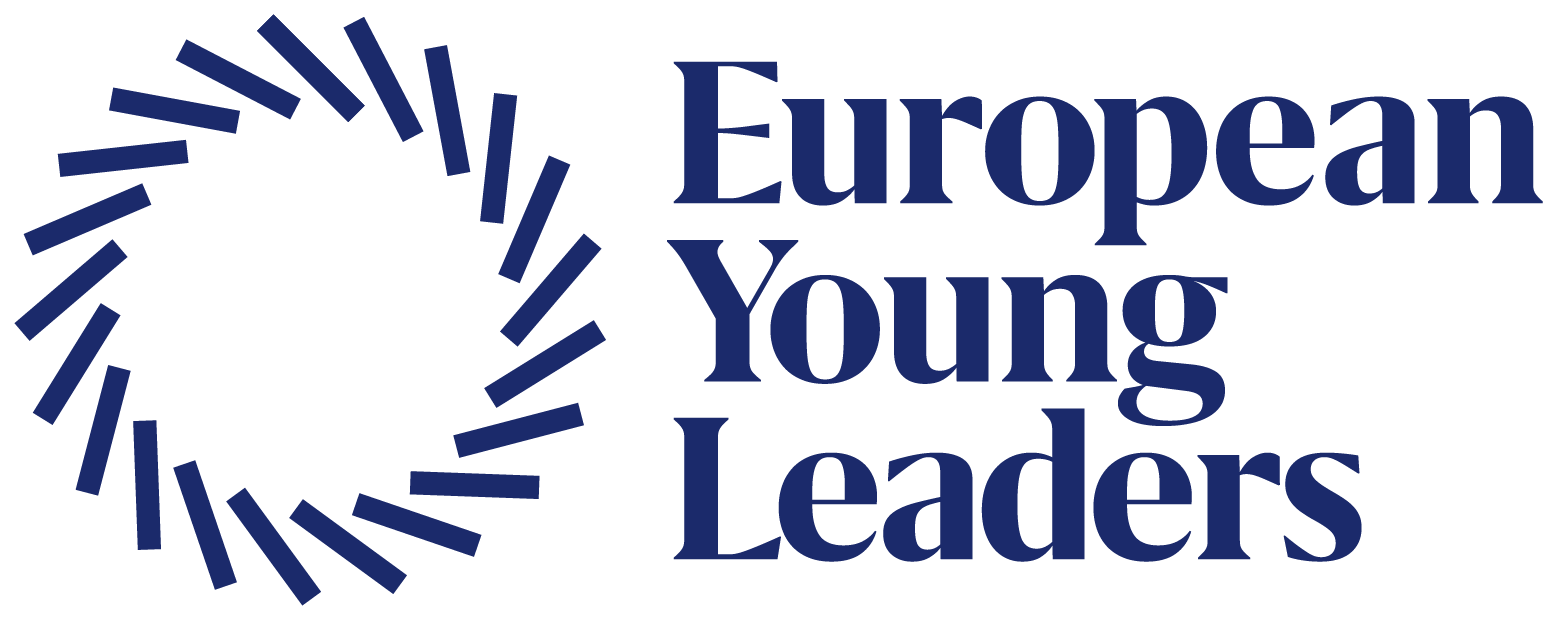As Vice-President of the European Parliament, Eva Kaili is the Chair of the Working Group on ICT Innovation Strategy and responsible for European strategy and policy analysis systems, information and telecoms, the Panel for the Future of Science and Technology (STOA), and corporate social responsibility. She is a Member of the Committees on Industry, Research and Energy (ITRE), Economic and Monetary Affairs (ECON) and Budgets (BUDG). Kaili has worked extensively on promoting innovation as a driving force of the establishment of the European Digital Single Market. She has also been the draftsperson of multiple pieces of legislation in the fields of blockchain technology, online platforms, big data, fintech, AI and cybersecurity.


















